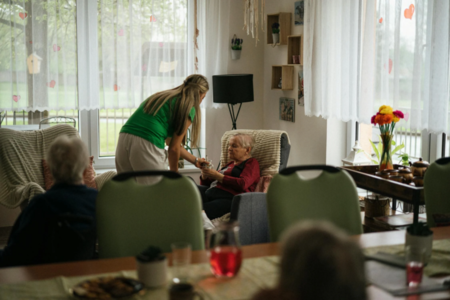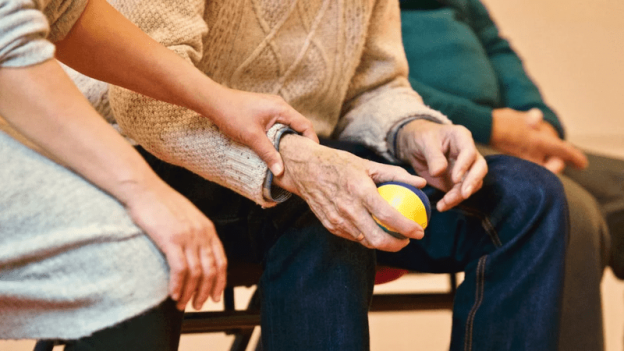Caregiving is a demanding and rewarding profession that requires a unique set of skills and a deep commitment to helping others.
Whether in nursing homes, care homes, or semi-independent homes for young people leaving care, caregivers play a vital role in ensuring the well-being of those they support.
Continuous education and training in caregiving offered by caregiver staffing agencies are essential to providing the best possible care.
Why Continuous Education and Training Matter
Staying Updated with Best Practices
The field of caregiving is always evolving. New research, technologies, and methods are constantly emerging, making it crucial for caregivers to stay updated with the latest best practices.
Continuous education and training in caregiving ensures that caregivers are knowledgeable about the most current approaches to care, which can significantly improve the quality of life for those they support.
Improving Skills and Knowledge
Caregiving requires a diverse range of skills, from medical knowledge to emotional support. Ongoing training helps caregivers enhance their existing skills and learn new ones.
For instance, caregivers might receive training in areas such as first aid, medication management, and effective communication.
By continuously improving their skills and knowledge, caregivers can provide more comprehensive and effective care.
Adapting to Individual Needs
Every person in care has unique needs and preferences. Continuous education and training help caregivers learn how to adapt their care strategies to meet these individual needs.
For example, caregivers working in semi-independent homes for young people leaving care, often supported by a caregiver staffing agency, need specific training to understand the challenges these young people face and how to best support them during their transition to independence.

Implementing Continuous Education and Training
To ensure that caregivers receive the necessary education and training, care facilities need to implement comprehensive training programs.
These programs should be tailored to the specific needs of the caregivers and the individuals they support. Here are a few key components of an effective training program:
Regular Workshops and Seminars
Organise workshops and seminars on various topics related to caregiving. These sessions can be led by experts and cover subjects such as mental health support, chronic disease management, and cultural sensitivity.
On-the-Job Training
Pair new caregivers with experienced mentors who can provide hands-on training and guidance. This approach allows new caregivers to learn practical skills in a real-world setting.
Continuing Education Credits
Encourage caregivers to pursue continuing education credits and certifications. This will enhance their skills and demonstrate a commitment to their professional development.
Continuous education and training in caregiving are crucial for care providers to offer the best possible care. Implementing comprehensive training programs is essential for fostering a knowledgeable and compassionate caregiving workforce for both caregiver employers and care staffing agencies.
If you’re looking for top-notch caregivers who are committed to continuous education and training, Careline Solutions is here to help.
As a leading senior care placement agency, we ensure our staff is always up-to-date with the latest best practices in caregiving.
Contact us today to learn how our healthcare staffing agency can support your caregiving requirements.
 Careline Solutions
Careline Solutions